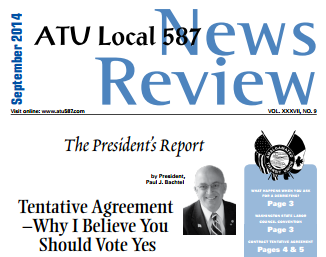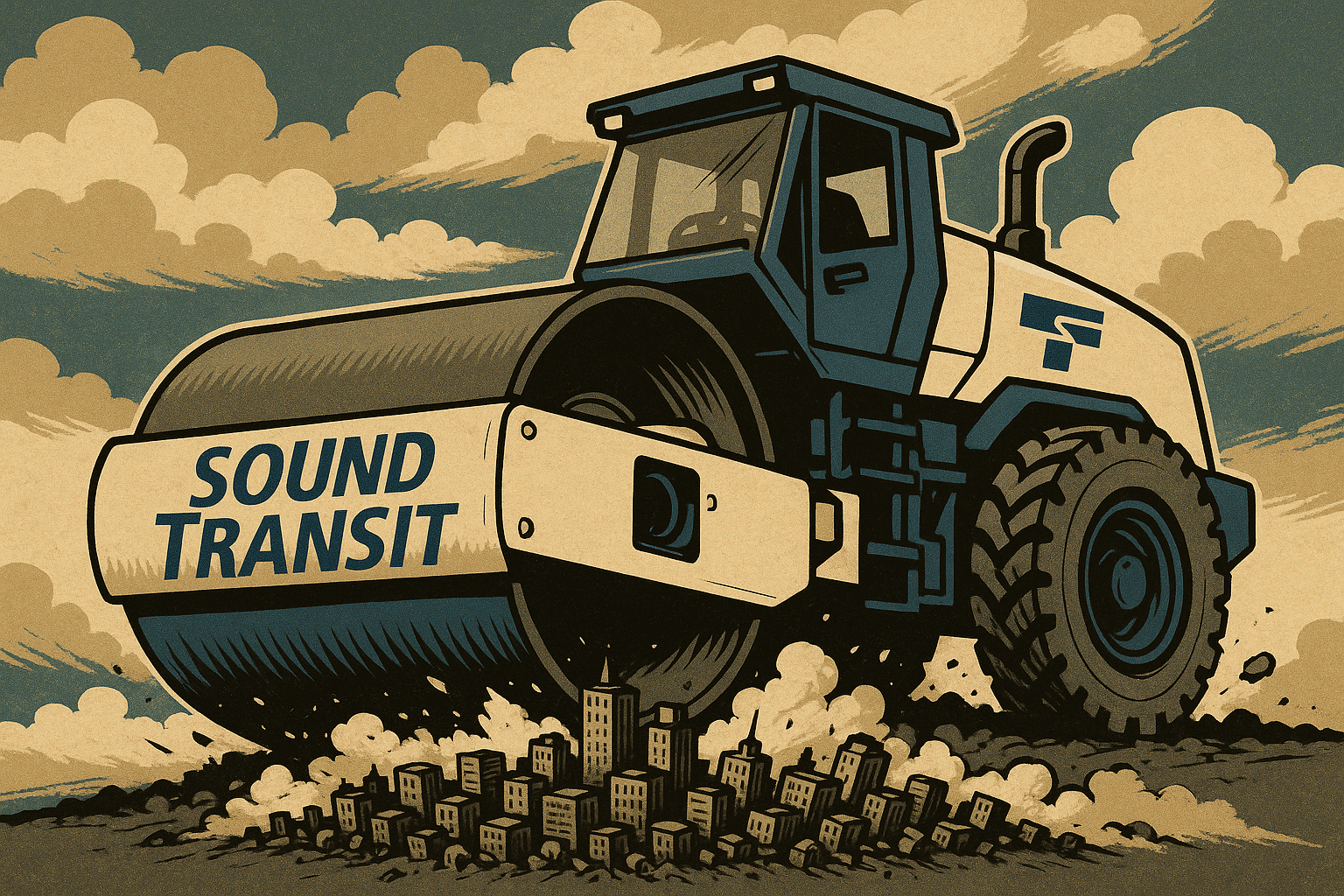Related Articles
Relevant Topics
Executives at the Amalgamated Transit Union Local 587 announced recently they had secured proposed pay raises for their public employee members, who reportedly are already the highest paid in the nation. Workers will vote September 10th on whether to accept the offered pay raises. The plan would increases wages by 2% over three years.
In announcing the proposed agreement one executive reported about maintenance workers:
“Since 2001 our wages have brought us [from] being between 8th to 14th in the nation to the highest paid in the nation.”
Metro bus drivers are also well compensated; now receiving the fifth-highest wages in the nation. One driver called the agreement “smart business” for unionized government employees, adding:
“Let’s not forget, even with a 2 year wage freeze, we’re still amongst the highest paid transit workers in the nation.”
Wages and worker benefits make up about 70% of Metro’s operating budget. High labor costs, in addition to higher management salaries, directly compete with funds needed to provide bus service to the public. Throughout the Proposition 1 debate, Washington Policy Center urged that management and labor executives work together to control costs and protect neighborhood bus service, especially for low-income and handicapped people.
Just last April, Metro managers and union executives spent heavily on King County’s Proposition 1 to secure an increase in regressive taxes to fund a union contract. Voters overwhelmingly rejected the measure. A Washington Policy Center analysis pointed out that, “If Proposition 1 does not pass, Metro officials would likely offer to increase employee pay anyway” because of Metro’s record-breaking tax collections, even without an increase in regressive taxation.
Last year, unionized workers rejected an agreement that would have provided them a 5.67% raise. The more modest proposed pay raise is good news for King County taxpayers, showing that Metro leaders can succeed in controlling costs and protecting at least some community bus services from planned cuts.
Metro officials and union executives should continue to work on reducing cost growth in this area to preserve neighborhood bus service, without raising regressive taxes on the public. The proposed agreement is a good start, and more can be done. Other recommendations to preserve bus service without raising taxes are available here.



